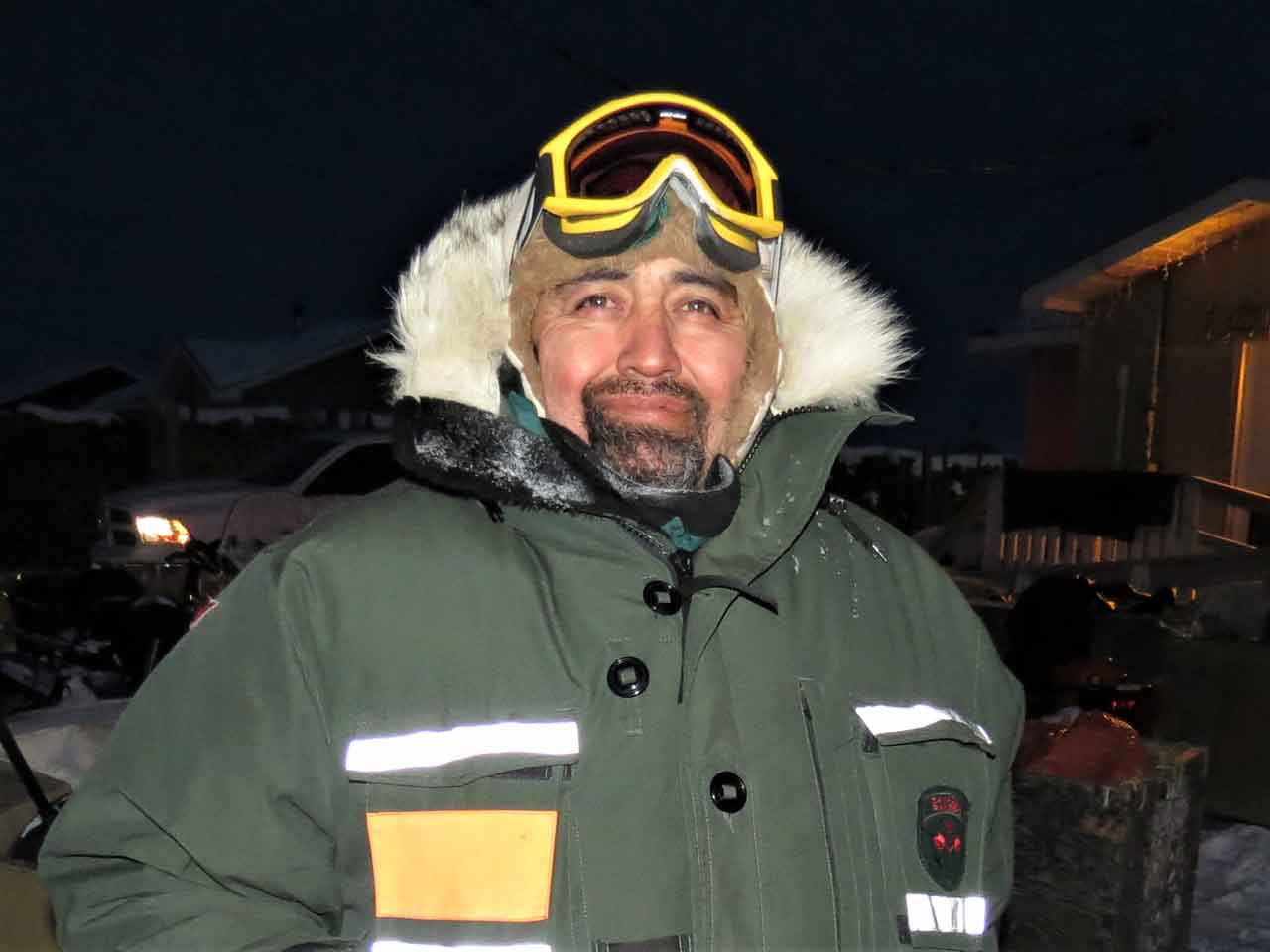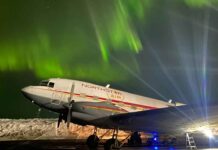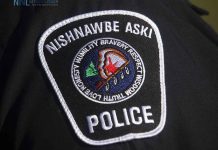
By Peter Moon
ATTAWAPISKAT – Steve Paul-martin left his home in Attawapiskat, an isolated Cree First Nation near the shore of James Bay, on Wednesday for what he thought was going to be a routine snowmobile trip to recover a broken down snowmobile at his hunting camp.
He told people he would be back that evening. He had little in the way of food or emergency supplies, and he did not have a satellite phone. The overnight temperature was going to dip to -20C with a windchill of -28C.

credit
Sergeant Peter Moon, Canadian Rangers
So when it got dark and he had not returned his worried family notified the local Nishnawbe-Aski Police detachment in Attawapiskat, which called the Ontario Provincial Police. The OPP, with none of its members nearby and unable to respond quickly, called the Canadian Army for help.
“The hunter wasn’t able to contact anybody and we can’t make the judgement call that he’ll be all right until we know,” said Major Douglas Ferguson, the acting commanding officer of the 3rd Canadian Ranger Patrol Group at Canadian Forces Base Borden, near Barrie. “We have to assume the worst and go to his aid.”
Two Canadian Rangers, who are part –time army reservists, left Attawapiskat at about 10 p.m. on Wednesday and reached Mr. Paul-martin’s camp at about 1.30 a.m. on Friday morning, said Master Corporal Christopher Kataquapit, who manned the search command post in Attawapiskat. The two Rangers found the overdue hunter sound asleep in his camp.
“I was surprised when they arrived and woke me up,” said Mr. Paul-Martin.
By the time he reached his camp, he said, he was tired and cold and, even though he had no food, he decided to spend the night at the camp. Once the Rangers realized Mr. Paul-martin was not in need of medical help they gave him hot tea and food.
All three rested before setting out around 6 a.m. for the return trip to Attawapiskat, carrying Mr. Paul-martin’s broken down snowmobile on a sled. And then the snowmobile the hunter was driving broke down and they could not get it restarted. One of of the Rangers towed it until they got back to Attawapiskat.
In the end it was a routine mission for the Rangers, who carry out a variety of search and rescue missions every year. They do regular search and rescue training with the army and the OPP.
“Once you leave an isolated community in the Far North of Ontario you are at risk,” Major Ferguson said. “It’s not a gentle environment up there. So if you’re not prepared when you go out of the community and something happens you need someone there that you can count on to bring you back.
“That’s the role the Rangers play. They’re the ones who want to help and they go out to help no matter what it takes to make sure you come home safely.”
The two Rangers who went to Mr. Paul-martin’s aid were Master Corporal Antoine Kataquapit and Ranger Jack Linklater.
(Sergeant Peter Moon is the public affairs ranger for the 3rd Canadian Ranger Patrol Group.)






